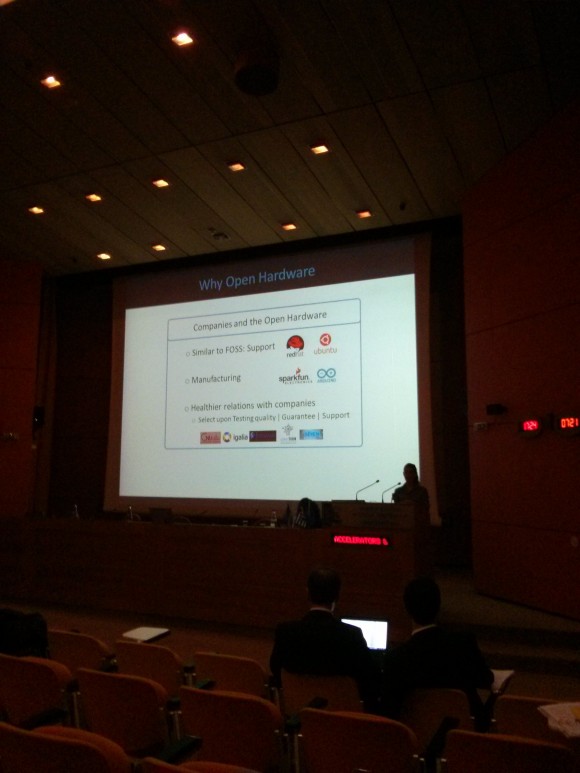Last week, Javier Muñoz and myself attended the conference HEPTech Academia - Industry Matching Event on Technology of Controls for Accelerators and Detectors, which was hosted at DEMOKRITOS, Athens.
The target of this event was to have Academia and Industry together in the same place to share ideas and potential applications around Control Systems. Igalia was invited to participate as member of the Industry side to talk about our collaboration with CERN on Linux device drivers, KiCAD and HW virtualization areas.
 The conference's agenda covered very exciting control system's technologies used by High Energy Physics facilities. For example, CERN staff explained ATLAS and CMS detectors control systems, what they are planning to do for next years and how the next-gen accelerator, CLIC, is being designed.
The conference's agenda covered very exciting control system's technologies used by High Energy Physics facilities. For example, CERN staff explained ATLAS and CMS detectors control systems, what they are planning to do for next years and how the next-gen accelerator, CLIC, is being designed.
However, there were also very good talks from other accelerators. One of the talks explained how the proton therapy cures eye cancer with a huge percentage of success. I recommend you to check out all the slides from the agenda because you will learn how the accelerator's control systems are made and how the companies are collaborating on this area. Very interesting for both scientists and engineers!
Our talk was part of the "Open Hardware vs Conventional Development approach" track, where concepts like Open Hardware or projects like WhiteRabbit were explained to the audience. We were explaining our work developing the FMC TDC driver and how QEMU helped us a lot to debug the driver and improve its robustness by using SW techniques such as continuous integration and testing. Our slides are publicly available if you want to read them.
In the same track, we represented Igalia in the round table by giving our opinion about Open Hardware and sharing some advices based on our experience in the Free Software world that can be applied on Open Hardware based companies.
I would like to finish this post by saying that the organizers did a great job in taking care of the success of the event. Everything was well explained and organized, even when this was the first event of this kind organized around control systems for accelerators and detectors.